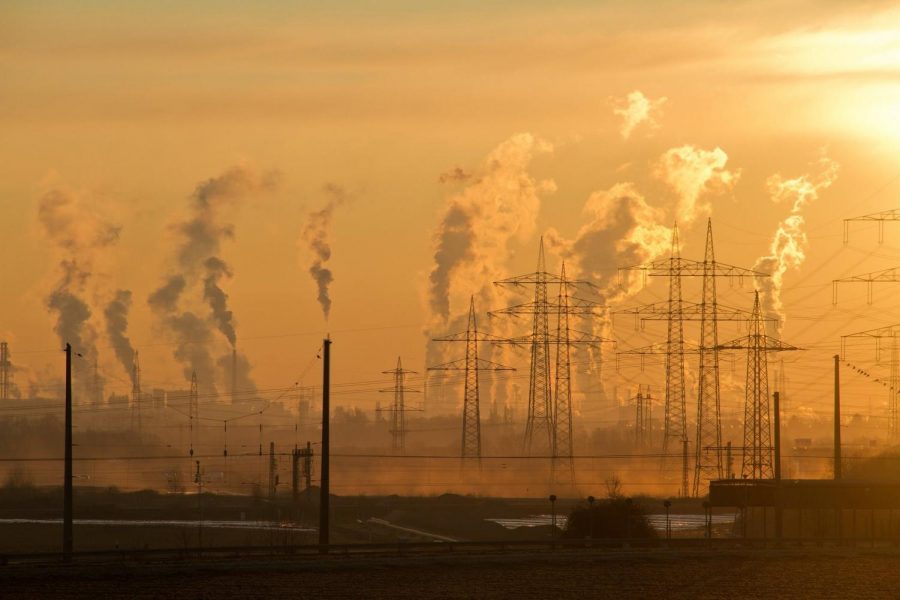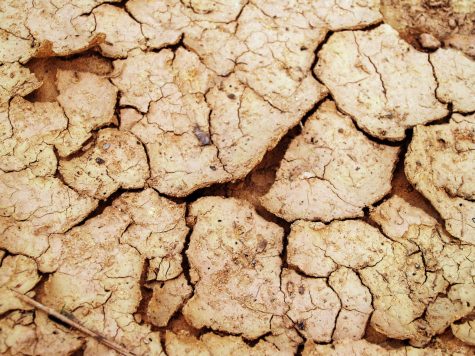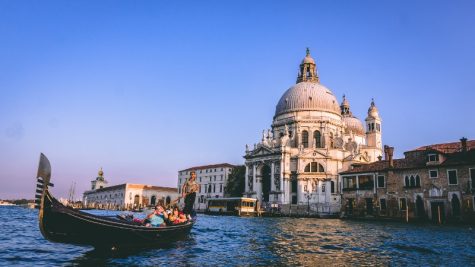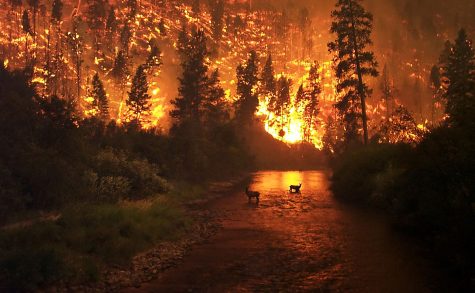Climate Change in Costa Rica
The issue of climate change has been long debated. Recently, there has been a large push towards aiding climate control, and trying to reverse any effects that climate change has had on the Earth and people. In the past week, many students walked out of schools and joined in protests to try and fight climate change.
Costa Rica, a small country in Central America, has began to push for reducing the amount of fossil fuels used. By 2050, the county wants to wean from using these fossil fuels. The hope is that the use of the fuels will phase out and become almost useless. Claudia Dobles, an urban planner, who also happens to be the first lady, is the main person who is pushing for this idea to become a reality. Costa Rica wants to make a point that if a smaller country like itself can reduce its use of fossil fuel, larger countries can also do it. Costa Rica is looking to pave a way.
Costa Rica is already heavily dependent on renewable resources. Its main issue would be transportation. Cars, specifically older cars, and motorcycles are probably the largest users of fossil fuels. This issue can try and be combated by using electric buses and cars. There could be a crack down on older cars that burn more gas, but that also leads to the next issue, money. Crack downs on older cars would also lead to hurting the government financially, due to not having the taxes generated. For the next 11 years, a projected $6.5 billion are needed to pursue this project. The taxes in Costa Rica are not as rewarding to the government, so the project would heavily rely on loans and borrowing money from other countries. Also, airplanes become an issue due to the high traveling rate in Costa Rica.
The concept behind the project, and the cutting down of fossil fuel use in Costa Rica, is great and would impact not only people from Costa Rica but also the world. Although it is such a small part of a big world, this could be the stepping stones for a global reduction of fossil fuels. On the other hand, scientists predict it is around 15 years until the planet is no longer able to be brought back from the damages that are occurring. If it would take a small country such as Costa Rica about 30 years, who’s to say it wouldn’t take larger countries that use more fossil fuels, such as China or the U.S., 60 or 70, or even more years. If efforts like this were taken even 10 years ago, maybe the chance to rewind the effects could work. However, it just might be too late to help. If its not too late, should we be aiming for 30 years? If something is to happen to rewind these effects, it must happen soon, with a strong global effort.











